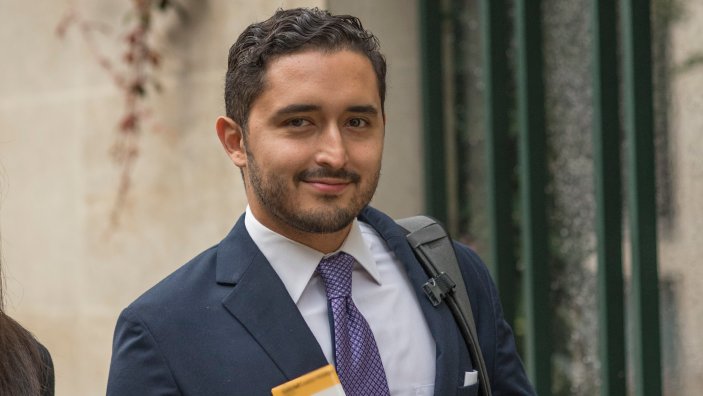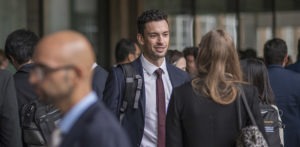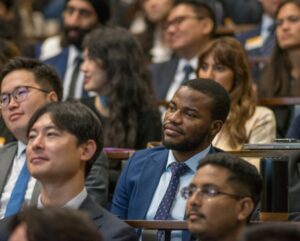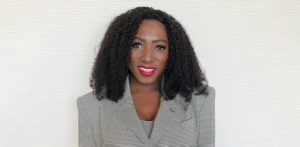Overview
In recent years our graduates have pursued careers in a wide range of finance sectors, alongside traditional banking roles, our graduates have progressed into venture capital and private equity, impact investing and fintech. The fintech sector has exploded in recent years, disrupting traditional financial business models and opening up opportunities for our graduates to work in cutting edge technologies to provide new solutions for investors.
Our finance faculty are leaders in their fields and are at the cutting edge of financial research. The Finance & Accounting subject group focuses on business finance, financial policy, empirical corporate finance, investment management, financial reporting stock markets.
The Business School has retained its value to financial services employers by conducting innovative research, reviewing the curriculum and bringing practitioners into the classroom to ensure that what is taught is relevant, current and cutting-edge.
We produce graduates that are in demand from global finance organisations. We are closely engaged with hiring banks and finance institutions and understand what they look for in their new recruits.

of graduates who went into finance took jobs in VC/PE
Statistics shown are from the most recent Cambridge MBA employment report.
The Cambridge MBA can progress your finance career
Aiming for a finance career?
We speak to careers coach, Roger Howgego, together with Sadia Cuthbert, Head of Careers at Cambridge Judge Business School (CJBS) and hear from Cambridge MBA alumni who have stepped into the global banking and finance sector around the world.
Finance career outcomes
From investment banking to impact investing, discover how our MBA alumni transitioned into the global financial services sector.
Pivoting into finance: alumna Toni Thorne
We caught up with MBA alumna Toni Thorne and asked her about the triple jump, her year in finance at JP Morgan and where her MBA Star Award has taken her this past year.
Hear from Joanne Tilley
Joanne Tilley, from South Africa, enhanced her role in the finance and banking sector, stepping into the role of Group Strategy and Sustainability Consultant, for Investec in the UK, after her one-year MBA from Cambridge Judge Business School.
Hear from Gabriel Loaiza Hidalgo
How did Gabriel develop his career further in the Finance sector with an MBA from Cambridge? What did he hope to get out of his MBA? What was the most impactful about his Cambridge MBA year? Gabriel talks MBA curriculum, live client projects, as well as Special Interest Groups and his new MBA skill and love of networking.
This year’s employment report
Our MBA employment report captures employment data for the Cambridge MBA class of 2023/24 – our most recently graduated class.
These results confirm the variety of options available to Cambridge MBAs after their studies, and also the established appeal of the versatile Cambridge Master of Business Administration (MBA) graduates to a wide range of international employers.
We have provided pre-employment data to illustrate the transformative career pathways our students often take.










